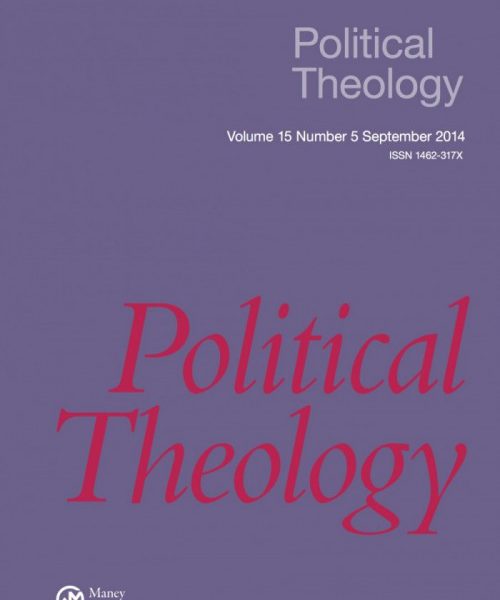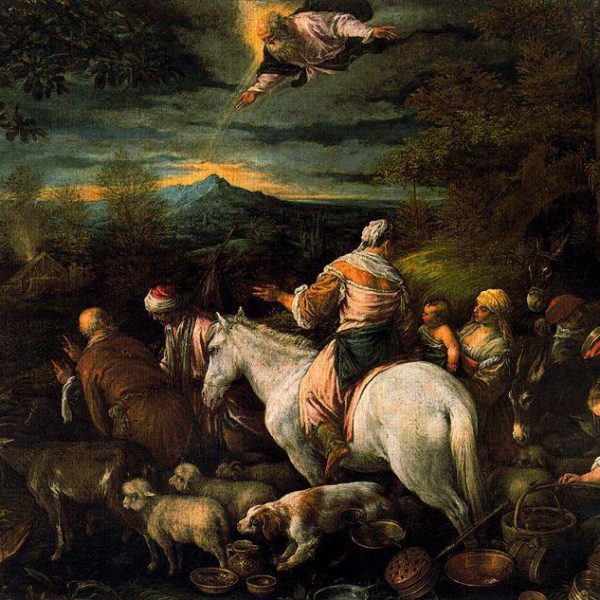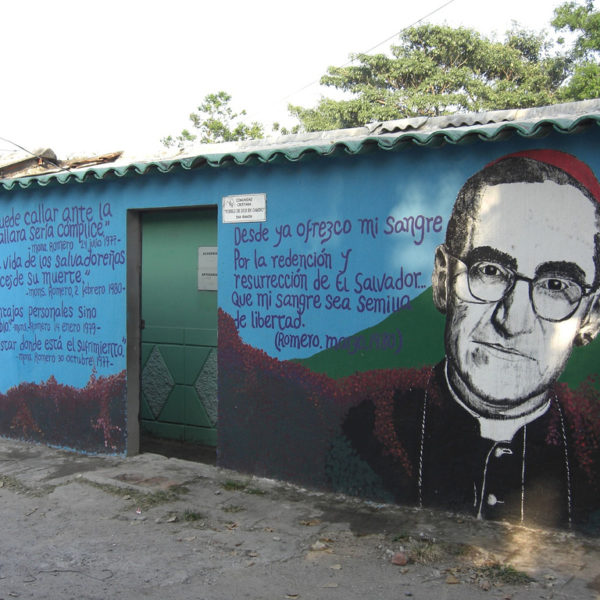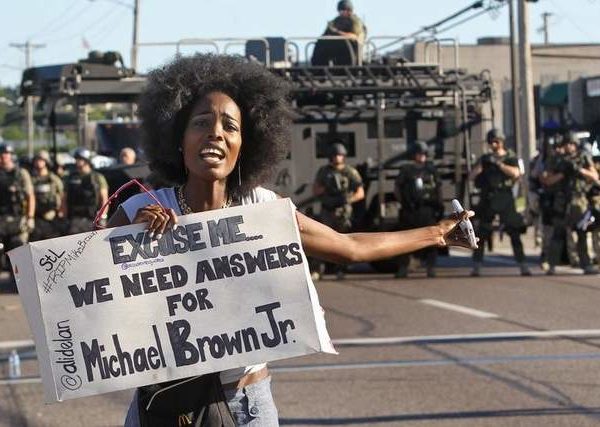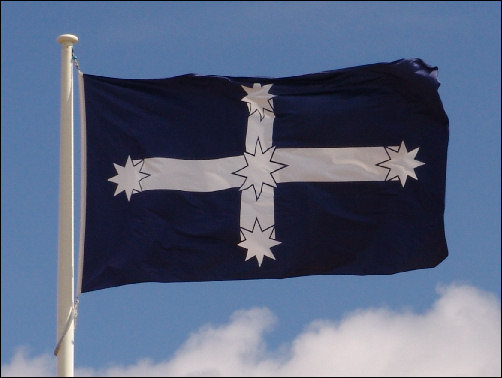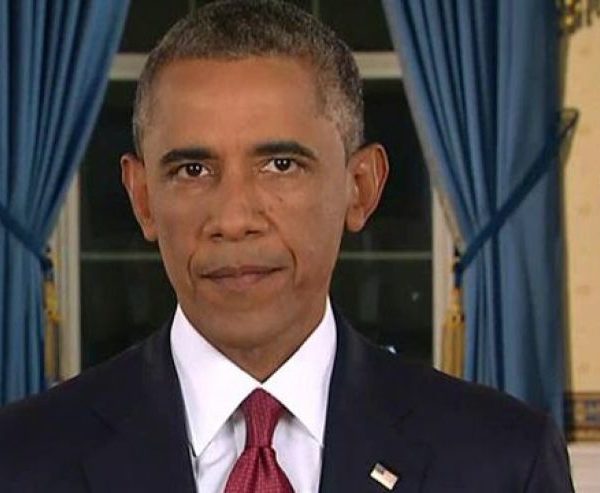
“Genuine tragedies in the world are not conflicts between right and wrong,” Hegel wrote. “They are conflicts between two rights.” In the last few days I have been somehow compelled to meditate on how the rush of events in our world reflect this kind of tragic destiny which perhaps only Hegel, the last genuine philosopher of history, seemed to have comprehended.

In Jesus’ parable of the day laborers on the vineyard, we encounter two competing views of what constitutes just compensation, one determined by ‘fairness’ and the other by need. In its commitment to the human-centered “economics of need,” the Reign of God teaches us to value work—and the worker—in a new way.
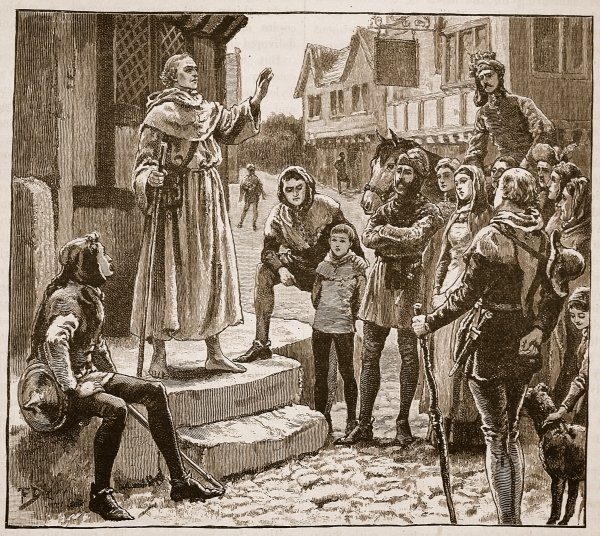
One Sunday around 1173, in Lyons, a wealthy financier named Waldo heard a traveling singer tell the story of St. Alexis, the son of a Roman senator who fled his family, became a beggar, and took to a life of prayer and service. Moved, he hurried to talk to a theologian, who told him of Jesus’ exhortation: if you wish to be perfect, go, sell what you have, and give it to the poor. And so he did.
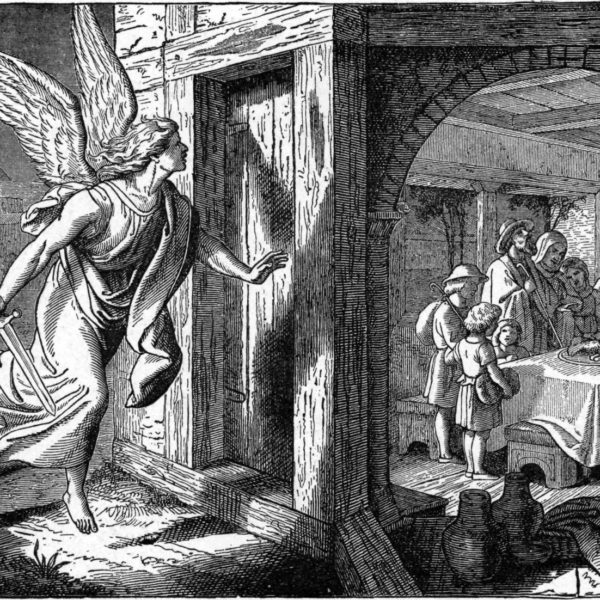
In the Passover we find a myth of the foundation of a nation that differs markedly from the contractarian myths of the Western liberal tradition. It disclosure of the sacrificial basis of the political order offers us a hermeneutical key for understanding the roots of our own nations and helps us to understand how we might be established as communities of faithful witness to them.
